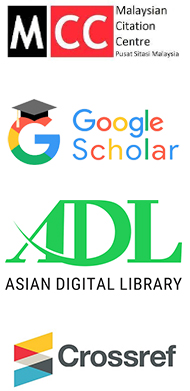Are We Teaching How They Learn? Implementing the VARK Model in the Development Management Programme
DOI:
https://doi.org/10.58915/ijbt.v15i3.2538Keywords:
Development Management Programme, Higher Learning Institutions, Innovation, Learners' Preferences, VARK ModelAbstract
This study explores the need to align teaching methods with diverse learning preferences in Development Management Programmes at higher education institutions. It addresses the mismatch between traditional pedagogies and varied learner styles, which can hinder engagement and academic performance. A descriptive study involving 68 first-year students at a Malaysian university employed the VARK questionnaire and qualitative analysis using Taguette software. The VARK Model categorises learning styles into four main preferences: Visual (learning by seeing), Auditory (learning by hearing), Read/Write (learning through text), and Kinesthetic (learning by doing). It helps educators and students identify their preferred method of processing information to improve teaching and learning effectiveness. Findings revealed a strong preference for visual and kinesthetic learning styles, with students favouring interactive, in-person activities over lectures or online formats. Morning classes were preferred, and learners expressed a commitment to active participation. They also emphasised the importance of clear, engaging instruction delivered in Malay. Notably, students showed enthusiasm for applying knowledge creatively, especially through collaborative projects aimed at developing innovative solutions in development management. This reflects a desire to move beyond theory and produce practical, impactful outcomes. The study concludes that integrating multimodal teaching strategies based on the VARK model such as interactive exercises and morning scheduling can foster inclusive and effective learning environments. The impact includes enhanced engagement, improved comprehension and retention, greater academic satisfaction, and valuable insights for educators to tailor instruction. Ultimately, this approach supports more adaptive, innovation-driven outcomes in development management education.
Downloads
Published
How to Cite
Issue
Section
License
Copyright (c) 2025 International Journal of Business and Technopreneurship (IJBT)

This work is licensed under a Creative Commons Attribution-NonCommercial-NoDerivatives 4.0 International License.














